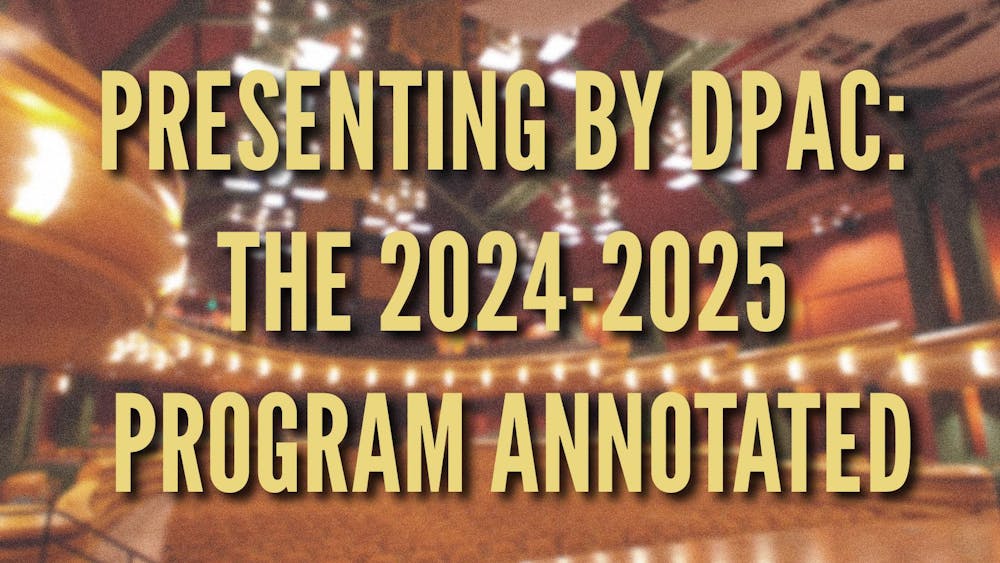
Going to the movies just isn’t what it used to be. If you wanted to see a movie in the early 2000s, you had few choices: 1) rent a movie at Blockbuster, 2) find a movie at the library or 3) go to the movie theater. Mom always complained about how expensive Blockbuster was, and my brother and I weren’t about to dig through the library’s pitiful collection of VHS tapes, so going to the movies was about the only option for our family. As a result, my parents were dragged along to a array of horrible movies.
My parents might never fully recover from “Spy Kids 3-D,” but as a society we’ve come a long way since then. Netflix and Hulu have placed thousands of hours of entertainment at our fingertips. Redbox has made obtaining a recently-released movie cheap and easy. Even my local library has amassed a sizable collection of quality Blu-rays. Add the fact that review aggregators like Rotten Tomatoes have become commonplace, and it’s easy to see why movie-watching has become a more accessible hobby.
It’s also easy to see why film studios are starting to sweat.
With all of those options, audiences are becoming more discerning in how they spend their entertainment dollars. Theater attendance in 2014 was the lowest it had been since 1995 according to Business Insider. Last year attendance recovered slightly but still didn’t approach the heights of the pre-recession years. The theater experience is no longer enough to motivate cinephiles to spend $10 for a single movie ticket. That much money could get them a whole month of unlimited movies on Netflix these days. No, today’s prospective theatergoers demand quality more than ever.
Enter Rotten Tomatoes. The review aggregator was launched in 1998, but didn’t break into the public consciousness until the past decade or so. It strains down the vast spectrum of critical opinion into a single, easily-understandable rating endearingly called the “Tomatometer.” It’s an incredibly valuable resource for casual movie fans.
Problems arise, however, when the reviews start to matter more than the movie. Last year, movies like “Terminator: Genisys” and “Fantastic Four” fell far short of pre-release projections, owing in large part to the negative perception generated on Rotten Tomatoes and Twitter. In an interview with the Hollywood Reporter, Paramount executive Megan Colligan said, “This was a summer completely designed by review and word-of-mouth … I would actually hear people in the grocery store talking about Rotten Tomatoes scores.” According to a survey by BrightLocal 92% of the more than 2,000 people surveyed admitted to reading online reviews. On the night of the Oscars 700,000 unique visitors in the US alone checked Rotten Tomatoes. Over the last 30 days, the number of unique visitors worldwide added up to 24.9 million people. Almost 25 million people over the last month consulted Rotten Tomatoes to learn what critics thought about a movie or TV show. It’s no wonder that studios have started advertising the Tomatometer score on posters, trailers, and DVD cases.
With all this industry clout, reviews by Rotten Tomatoes and others are more contentious than ever. In October 2015, the popular statistical analysis website FiveThirtyEight put movie review websites under the microscope and found some interesting results. The popular ticket seller Fandango blatantly inflated their movie ratings. Of the 209 movies that had 30 or more reviews none had a rating of less than 3-stars. When Fandango didn’t provide a satisfactory answer to this inexplicable, borderline impossible, finding the writer looked into the coding of the website. He found that Fandango rounded all reviews up to the nearest half star. So if you gave a movie a score of 3.1/5 on Fandango, your review would be displayed as 3.5/5 stars. While that doesn’t explain the lack of even lower reviews, it does demonstrate the tampering used to boost sales.
(As an aside, Fandango purchased Rotten Tomatoes and its parent site Flixster in February.)
While this intentional tampering may not affect every review aggregator, almost every website suffers from questionable methodology. IMDb reviews can fall victim to mob mentality and the anonymity of the internet. Metacritic encounters the challenges of assigning numerical values to reviews that use letter grades and deciding which critics to track. Rotten Tomatoes suffers from a binary rating system, where a universally decent movie can be rated better than a controversial one.
With so much money at risk, is it possible for Rotten Tomatoes and similar sites to remain impartial? Do these sites owe it to studios to withhold reviews until after the movie is released? Do they owe it to fans to release reviews as soon as possible?
Or is Rotten Tomatoes here to hold studios accountable and save us from "Spy Kids 3-D"?













